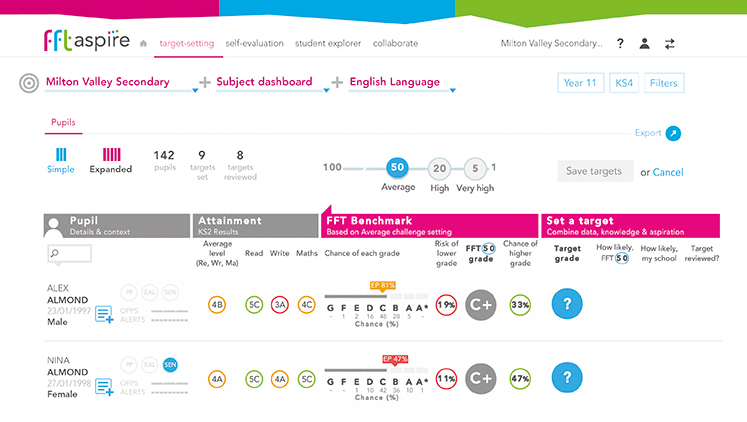You think I would have learnt by now…
‘Strike while the iron is hot’ or ‘now, is not always the best time to act.’ The subtleties of leadership, perhaps management is more appropriate here.
Regularly we are faced with the decision to act and lead or accept and move on (possibly to revisit). As teachers in the classroom, middle and senior leaders in school, as parents, even as friends and colleagues. Well, for the record I firmly believe that you get what you tolerate. With that statement, if you can not tolerate the ‘behaviours, actions or attitudes’ on display, then you need to act.
For almost all new leaders, and many established leaders, tackling poor, inappropriate or unacceptable performance, is one of the most daunting tasks of a leadership role. What we almost all learn from experiences is that not dealing with poor, inappropriate or unacceptable performance will, in the long run, cause leaders much bigger problems to overcome later on down the road.
Hold on there Horatio, before you jump in with two feet, you need to consider the following;
- have you communicated clearly the performance (and behaviours) you expect to see? Even the attitudes you expect to be exhibited. Of course, the Teacher Standards provide much of that groundwork. (Tight to get to good, loose to get to great.)
- what will be the impact of what and how you say, what it is you are about to say (and probably raging about right now).
- what will be the impact of where and when you say it.
It is more important that you get it right, than you act. That said, do not think that inaction is the same as getting wrong, it can be far worse. Second, these difficult conversations rarely benefit from impromptu dialogue. If it is important, then it is more important than an email (an email that is very likely be the very last or very first email they read). There is nothing wrong with drafting an email, constructing your thoughts, and saving the email torrent for tomorrow morning. No sending that email is rarely regretted.
Here are the steps I should have learnt by now, readily adopted from Susan Scott’s Fierce Conservations, that might assist your approach to the intolerable.
Preparing the Issue
THE ISSUE IS:
Be concise. In one or two sentences, get to the heart of the problem. (You could use the censored bones of yesterdays unsent email rant).
IT IS SIGNIFICANT BECAUSE:
What’s at stake? What is the future impact if the issue is not resolved?
MY IDEAL OUTCOME IS:
What specific results, performance, behaviours or attitudes do you expect to see?
RELEVANT BACKGROUND INFORMATION:
Summarize with bullet points.
WHAT I HAVE DONE UP TO THIS POINT:
What have you done so far? What information have you communicated? What options are you considering?
THE HELP I WANT FROM THE INDIVIDUAL OR GROUP IS:
Be precise.
All delivered in less than 60 second. Clear, clean, factual.
In the process of writing this post the tolerate line was expanded.
You get what you expect and you deserve what you tolerate. Mark Graban
[qr_code_display]


